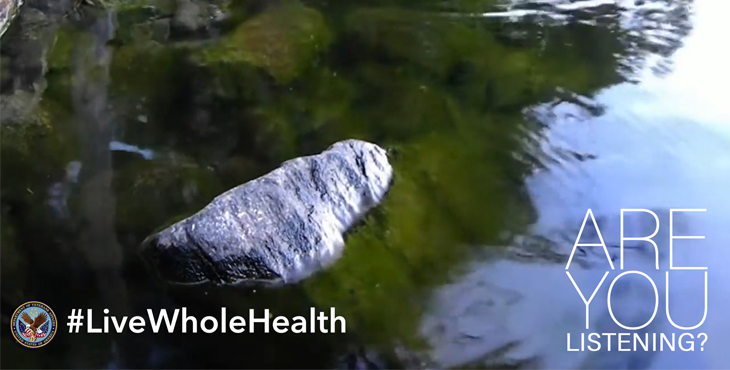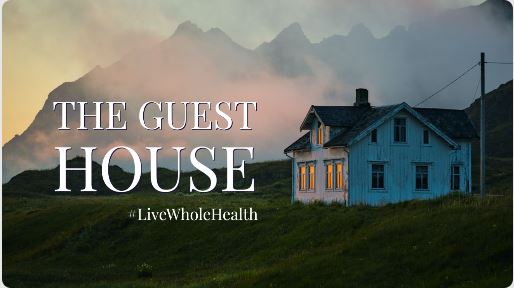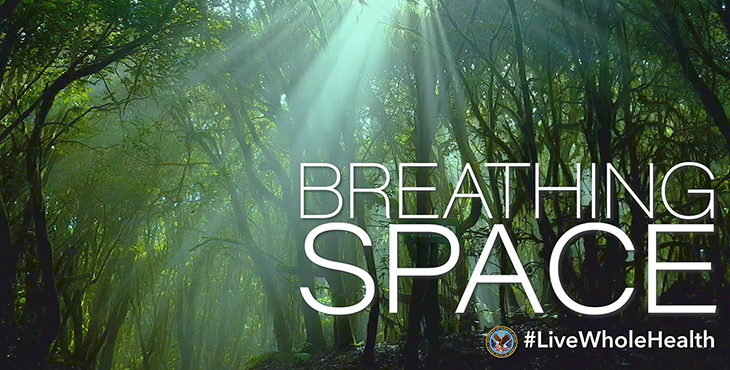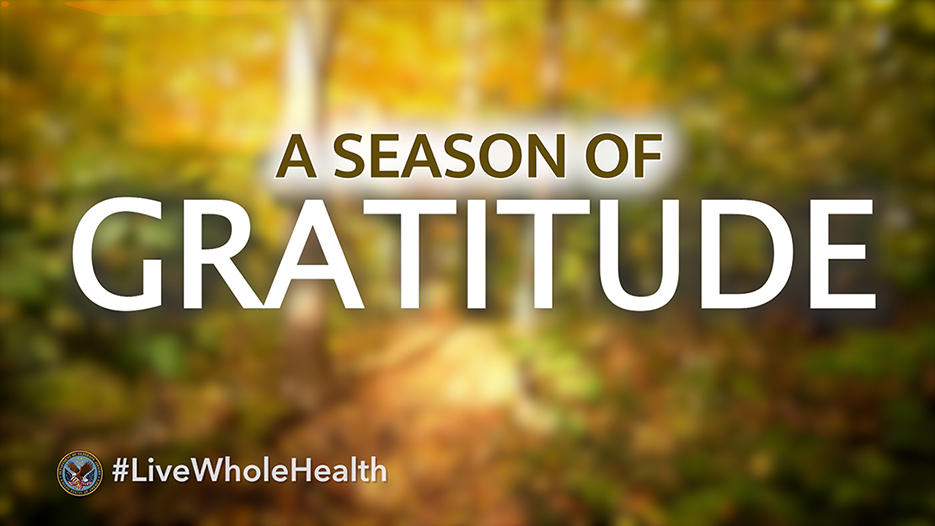Studies indicate that we spend 80-90% of our waking hours in communication, and almost half of that time involves listening. Despite all this practice, it turns out we’re not very good listeners. One study suggested that only 10% of us are “effective listeners.” Other research indicates that we forget up to half of what we hear.
There are many reasons we struggle to be good listeners. Sometimes we’re thinking about our response, or we’re distracted by our TV or phone, or we’re thinking about what’s for dinner tonight. Now, think about a time when you said something that got ignored, quickly forgotten, or needed to be repeated. What did you think? How did that make you feel?
Listening is one of the most important skills we can learn, as it impacts every area of our lives. Listening is how we gather information, make decisions and build strong relationships. It can improve our health and well-being, make us more successful at work, and shows the speaker that we value what they have to say. Learning to listen mindfully is one of the best ways to improve this critical skill.
Mindful listening asks you to make a conscious effort to listen to the other person without judgement, recognize and let go of your internal distractions, and try to understand their point of view. Doing this helps you hear their words, remember what they said, and show them your respect.
Mindful listening takes practice, but using this skill helps you remember what’s important and who’s important.
Practicing mindfulness can help you improve your listening and observation skills. We invite you to spend 10 minutes with Dr. Greg Serpa from the Greater Los Angeles VAMC as he guides us through a Mindfulness of Sounds exercise.
Improving mindfulness
Do you want to improve your attention and mindfulness? The VA Mindfulness Coach leads users through steps to learn how to practice mindfulness to reduce stress and cope with unpleasant thoughts and emotions: https://mobile.va.gov/app/mindfulness-coach.
The more you practice mindfulness, the more it can help your mind and body. Learn how other ways of living Whole Health can help you do the same: https://www.va.gov/WHOLEHEALTH/circle-of-health/index.asp.
Marc Castellani, Ph.D., NBC-HWC, is the Whole Health Clinical Education Coordinator for the VHA Office of Patient Centered Care and Cultural Transformation.
Topics in this story
More Stories
Rumi’s "The Guest House" invites us to welcome each emotion as a teacher, even the unexpected ones. Listen and reflect for this week's #LiveWholeHealth practice.
Your breath is the most loyal friend you've always had. Connect, calm and heal with mindful breathing in this week's #LiveWholeHealth practice.
Gratitude is a light that shines through life’s ups and downs. Embrace gratitude this holiday season in just five minutes for this week's #LiveWholeHealth practice.






